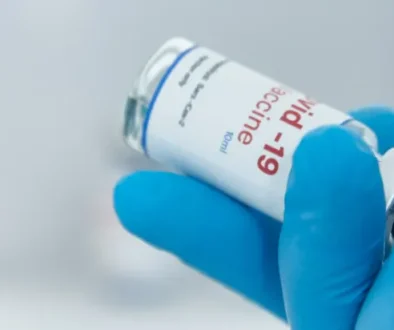Advancements in ED Research: What’s New?
Exploring the Frontier: ED Research Advances
The landscape of Erectile Dysfunction (ED) research and treatment is rapidly evolving, propelled by technological advancements and a deeper understanding of the condition. At the heart of these developments is a commitment to improving patient outcomes and enhancing the quality of life for men struggling with ED. As we delve into the latest findings and innovative approaches in ED research, it is evident that this field is on the cusp of a major breakthrough, promising more effective and tailored treatment options.
The Role of Genetics in ED Understanding
Innovative Diagnostic Techniques in Focus
Recent studies have illuminated the significant role genetics play in Erectile Dysfunction, marking a pivotal shift in how the condition is understood and approached. Cutting-edge diagnostic techniques, such as genome-wide association studies (GWAS), are at the forefront of identifying specific genetic markers linked to ED. This approach not only offers insights into the biological underpinnings of ED but also paves the way for:
- Early detection and risk assessment
- Tailored treatment strategies
- Prevention measures
With the integration of genetic testing into diagnostic procedures, clinicians can now offer more personalized and effective care, moving beyond a one-size-fits-all approach to treating ED.
Breakthroughs in ED Treatment Options
Personalized Medicine: A Game Changer for ED
Personalized medicine stands out as a groundbreaking development in the treatment of Erectile Dysfunction. By leveraging genetic information and patient-specific factors, healthcare providers can prescribe treatments that are more likely to be effective, thereby significantly improving patient outcomes. This approach encompasses:
- Pharmacogenomics: Tailoring medication based on an individual’s genetic makeup to enhance efficacy and minimize side effects.
- Regenerative medicine: Utilizing stem cell therapy and platelet-rich plasma (PRP) treatments to promote tissue repair and improve erectile function.
- Advanced surgical techniques: Offering precise interventions that preserve sexual function and improve satisfaction rates.
These advancements underscore the shift towards more nuanced and effective ED management strategies, which are crucial for addressing the complex nature of this condition.
The Impact of Lifestyle on ED Outcomes
Next-Gen Technology: Wearables and ED Management
The intersection of lifestyle factors and Erectile Dysfunction has long been acknowledged, but recent innovations in technology offer novel ways to manage and mitigate these influences. Wearable devices and mobile apps now provide real-time monitoring and feedback on:
- Physical activity levels
- Sleep patterns
- Dietary habits
These tools empower individuals to make informed lifestyle choices, which can significantly impact ED outcomes. Furthermore, the integration of AI and machine learning algorithms offers personalized recommendations, enhancing the efficacy of lifestyle interventions.
Future Directions: Where ED Research is Heading
The trajectory of ED research is unmistakably geared towards personalization, cutting-edge treatments, and seamless integration of technology into healthcare. As researchers continue to unravel the genetic, physiological, and environmental intricacies of Erectile Dysfunction, the future holds:
- Further exploration of gene therapy as a potential cure
- The development of non-invasive and patient-friendly treatment modalities
- Enhanced predictive models for early detection and prevention
The continuous innovation and dedication within this field underscore a hopeful future for individuals affected by ED, promising not only improved management options but also a deeper understanding of the condition itself. Through collaborative efforts across disciplines, ED research is set to redefine treatment paradigms, offering a beacon of hope for millions worldwide.

